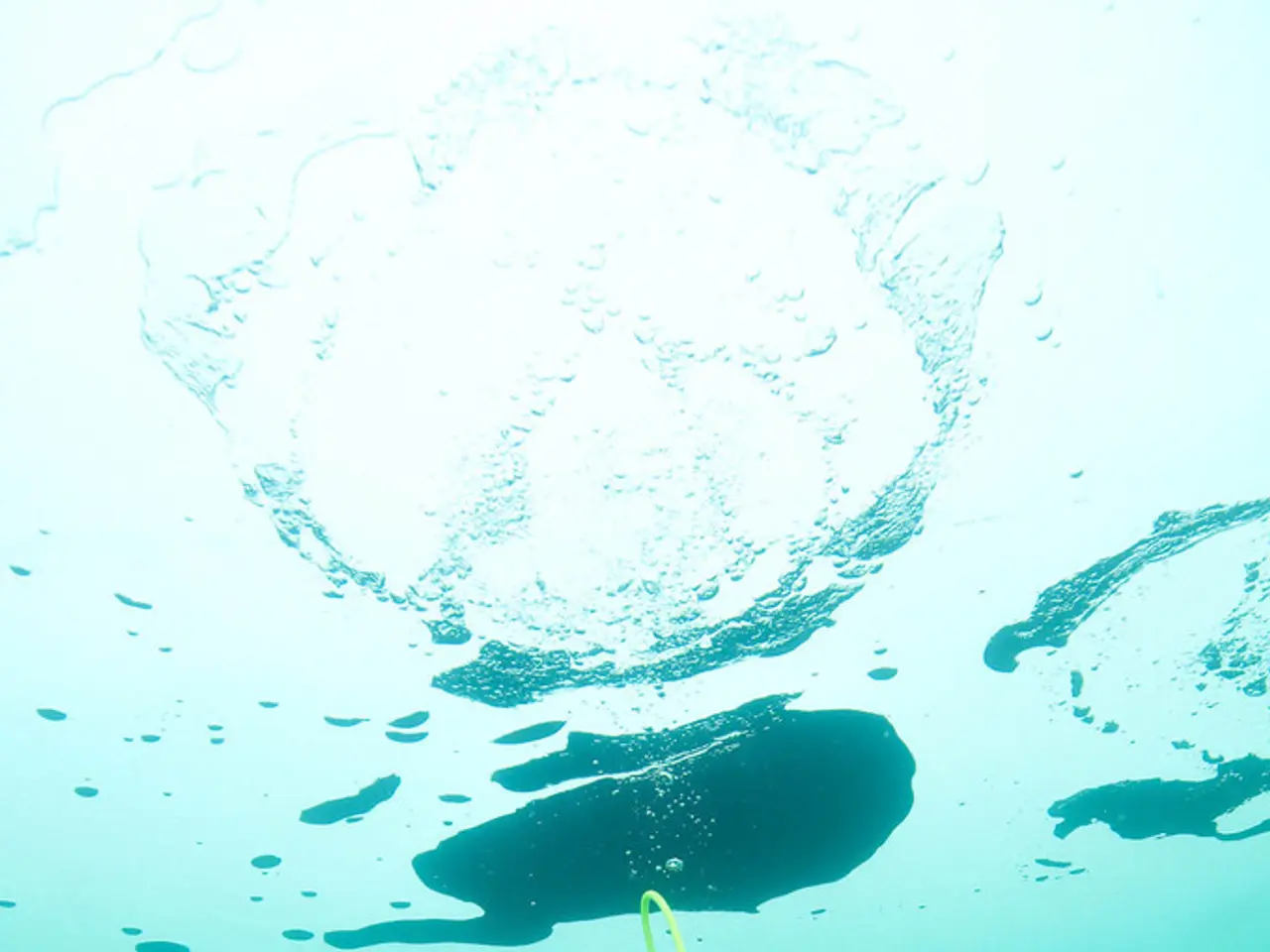Scuba Diving with Asthma: Safety Considerations
Scuba diving, with its unique environment and pressure changes, can pose a higher risk for individuals with asthma. This is primarily due to the potential for air trapping in the lungs during ascent, leading to lung overexpansion injuries such as pulmonary barotrauma and arterial gas embolism.
Asthma can cause airway constriction and inflammation, making it harder to exhale fully and allowing gas to be trapped in the lungs under pressure changes. This increased risk is why asthmatic divers require special consideration and precautions.
Key Safety Measures for Asthmatic Divers
To ensure a safe diving experience for asthmatic individuals, several safety measures should be followed:
- Medical Clearance: A thorough medical evaluation is essential prior to diving, to assess the current severity and control of asthma.
- Asthma Control: Well-controlled asthma with no recent exacerbations or exercise-induced symptoms is crucial before engaging in diving.
- Risk of Pulmonary Barotrauma: During ascent, inability to exhale trapped air can rupture lung tissue, causing air embolism—a life-threatening condition.
- Avoidance of Triggers: Asthmatic divers should avoid exposure to allergens or irritants that might provoke bronchospasm before or during dives.
- Use of Medication: Pre-dive use of a bronchodilator inhaler may be recommended for those with exercise-induced asthma to open airways and reduce risk.
- Careful Monitoring: Close attention to breathing, avoiding panic, slow controlled ascents, and adherence to diving protocols reduce the risk of complications.
- Buddy Awareness and Emergency Preparedness: Dive buddies should be aware of the diver’s condition, and emergency procedures should be reviewed and practiced.
Asthmatics are generally considered higher risk divers due to the inherent pressure changes and breathing of compressed air involved in scuba diving. Most diving medical guidelines require individual assessment and may restrict or advise caution in diving with asthma, especially if it is not completely stable or if the diver has a history of severe attacks or lung injury.
Additional Risks and Precautions
Apart from the risks associated with barotrauma, aspiration of seawater and exposure to allergen-contaminated diver equipment can pose dangers to lung function for people with asthma.
To mitigate these risks, divers should ensure their equipment is properly maintained and free from allergens. In some cases, using an albuterol inhaler before leaving the boat may be recommended by experts for people with asthma. However, diving after using a rescue inhaler or if asthma is not well controlled is not advisable.
In conclusion, the increased risks for asthmatic divers stem from airway constriction causing trapped gas and lung barotrauma on ascent. Safety relies on strict asthma control, medical clearance, pre-dive medication when appropriate, and adherence to cautious diving practices. As always, it is essential for individuals with asthma to discuss their risks and individual factors with a doctor who is familiar with both asthma and diving before considering scuba diving.
- Individuals with asthma often have eosinophilic airway inflammation, making them more susceptible to complications during scuba diving due to the unique environment and pressure changes.
- Adherence to health-and-wellness practices, such as maintaining good mental health and fitness-and-exercise routines, can help in managing asthma and improving overall diving safety.
- asthmatic divers should be cautious about water aspiration during dives and ensure their medical conditions are well controlled before engaging in sports that require diving, like scuba diving.
- The medical community recommends that individuals with asthma consult a medical professional knowledgeable about both asthma and diving to discuss the risks, precautions, and their personal situation before participating in scuba diving or other diving activities.




